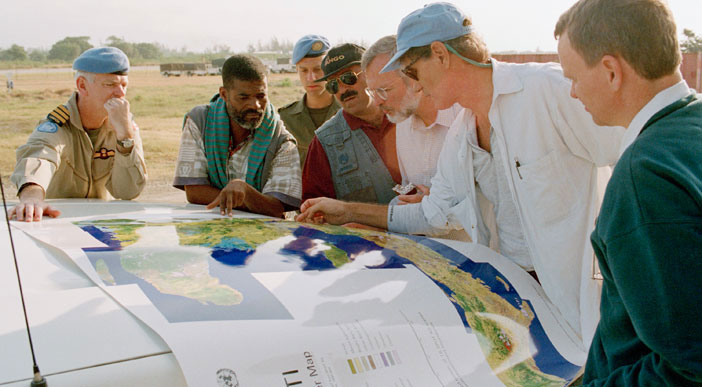 The International Peace Institute (IPI) has undertaken a project called Understanding Local Context, which aims to enhance our understanding of how international actors grapple with local context and political dynamics in partner countries.
The International Peace Institute (IPI) has undertaken a project called Understanding Local Context, which aims to enhance our understanding of how international actors grapple with local context and political dynamics in partner countries.
Under the first phase of the project, IPI conducted an informal analysis of conflict, governance, and fragility/stability assessment tools developed by bilateral and multilateral actors, in order to investigate whether and how assessments actually affect decision making, planning, and programming.
This policy report represents the culmination of the first phase of the project. It analyzes the assumptions and motivations underpinning the use of various assessment frameworks and tools developed by bilateral and multilateral actors to assess governance, conflict and fragility. The report argues that these tools and frameworks have produced mixed results in terms of their impact on planning, decision-making, and programming. How they are used appears to be determined by five important factors: 1) clarity of purpose, 2) timing and timeframes, 3) interests and incentives, 4) people and competencies, and 5) linkages between assessment and planning.
The report concludes by cautioning that external actors must temper their expectations about what assessment tools and frameworks can accomplish. It further recommends that efforts should be made to link political analysis more consistently to overarching planning cycles and that multilateral and bilateral bureaucracies should work more assiduously to instill a culture of analysis rather than relying on technical instruments to capture complex political dynamics in conflict-affected and fragile states.







